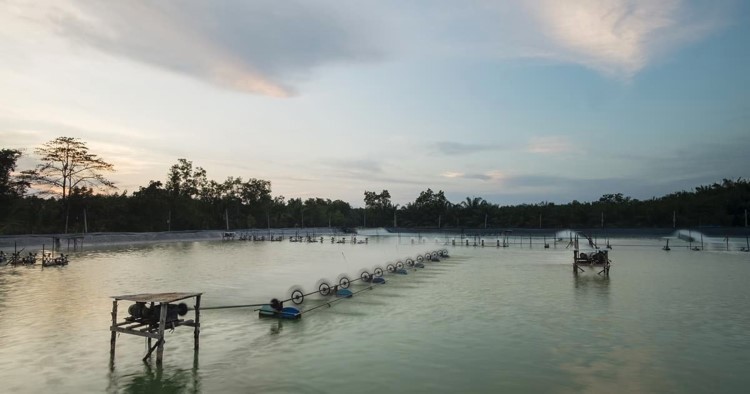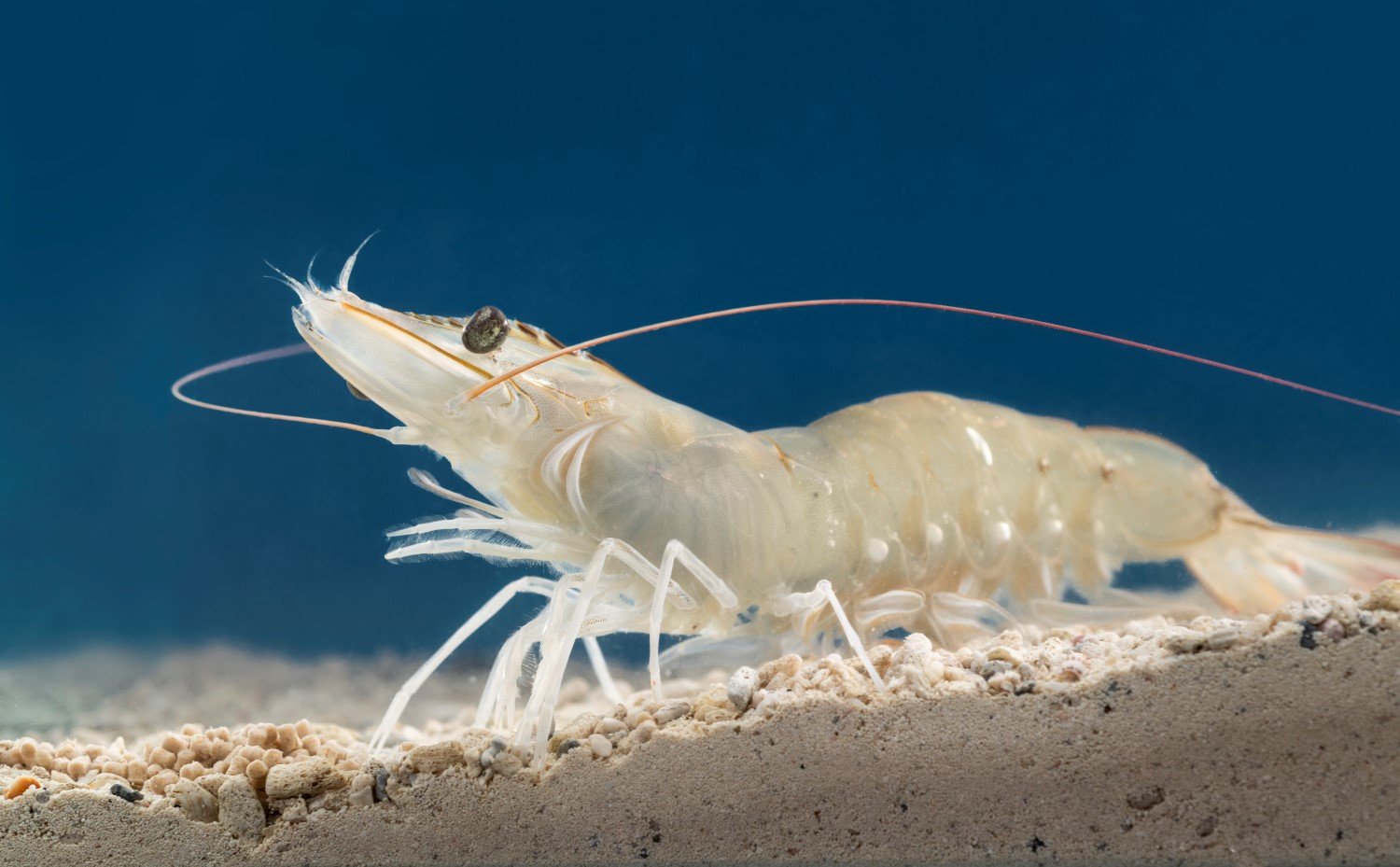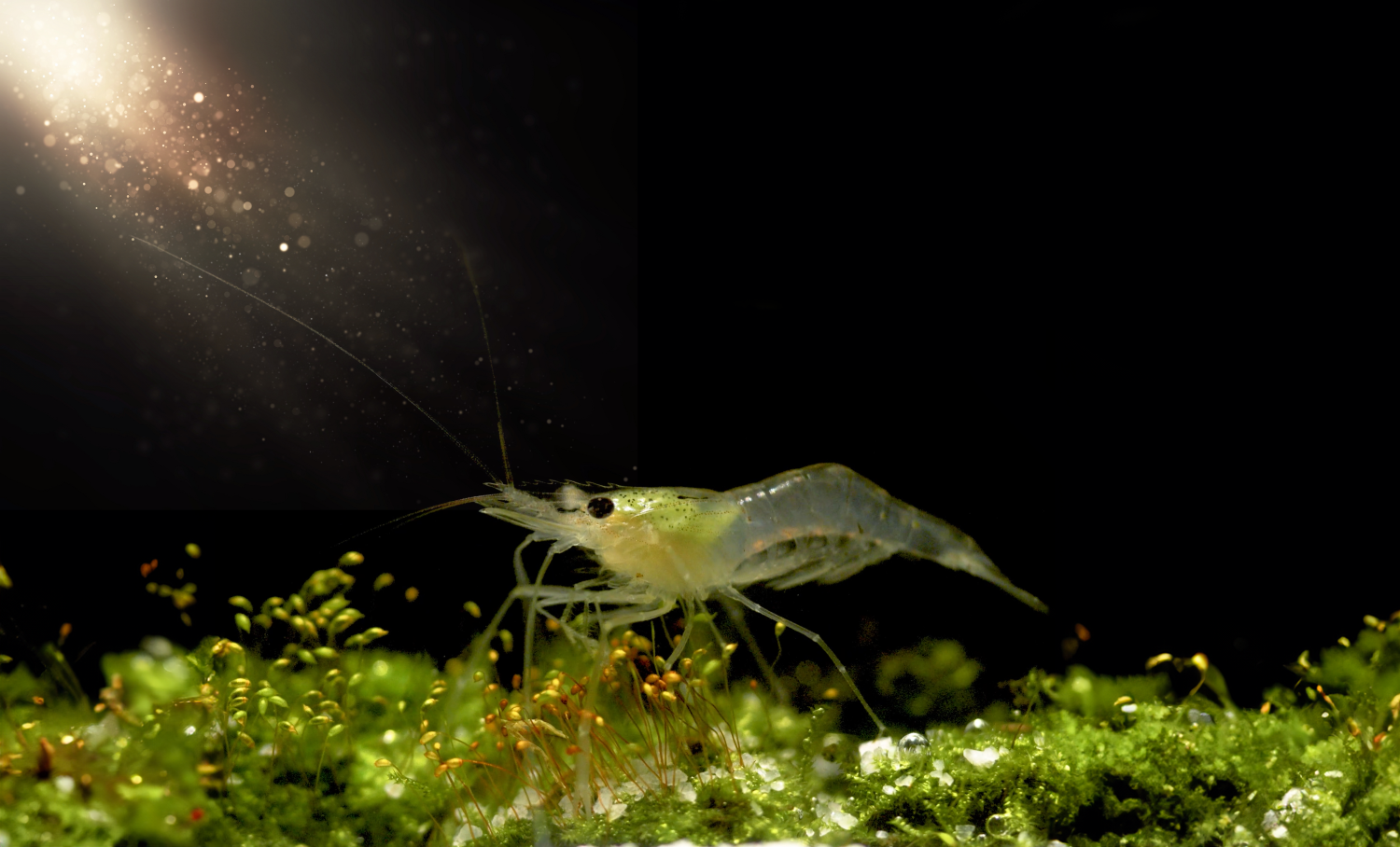In the last decade, trade between Ecuador and the European Union has increased significantly – amounting to €4.6 billion in 2015 – making the EU bloc Ecuador’s second most important trading partner.
EU trade agreement to give unprecedented opportunity for Ecuador’s shrimp farming industry

A new Trade Agreement negotiated by both parties will enhance this relationship further and provide an exciting international growth platform for Ecuadorian aquaculture.
Ecuador’s new Trade Agreement with the EU will provide an ideal environment for progressive and shared liberalisation, which will further benefit trade between the two parties, attract investment to Ecuador and help local businesses develop sufficient strength to expand internationally.
Ecuador and the EU have been negotiating a Trade Agreement since 2014 that will enable them to benefit from preferential trade arrangements and to obtain better access for Ecuador’s main exports to the EU, including its fisheries and aquaculture products, bananas, cut flowers, coffee, cocoa, fruit and nuts. The agreement will also provide better access to the Ecuadorian market for many of the EU’s key exports, such as machinery, transport equipment and chemical products.
Essentially, the agreement will eliminate tariffs for all industrial and fisheries products, increase market access for agricultural products, improve access to public procurement and services, and further reduce technical barriers to trade. Once fully implemented, the estimated savings for EU exporters will be at least €106 million in tariffs annually, and Ecuadorian exports will save up to €248 million in removed duties.
As fish and shrimp farming ranks among Ecuador’s leading and fastest growing business sectors, the country’s National Chamber of Aquaculture (Cámara Nacional de Acuacultura – CNA) has been widely recognised as one of the guilds most committed to the negotiation process and moving the agreement with the EU to the point of implementation.
The EU has a comprehensive Trade Agreement with Colombia and Peru, which has been provisionally applied with Peru since 1 March 2013, and with Colombia since 1 August 2013. Once fully applied to Ecuador, this EU-Andean agreement will open up markets on both sides as well as increase the stability and predictability of the trade and investment environment.
Carlos Miranda, General Manager of Skretting Ecuador and also Vice-President of CNA, confirms that CNA has been heavily involved in multiple processes related to shrimp tariff arrangements, including meetings at the highest level with members of the European Parliament and the Commissioner for Trade. Indeed, the authority’s prominent involvement in the process was acknowledged by its presence at the official signing of the Protocol of Accession of Ecuador to the Trade Agreement with the EU, Colombia and Peru on 11 November.
“The negotiation process has been a long but thoroughly worthwhile endeavour. This agreement will have the scope to benefit many commercial sectors in Ecuador. While our shrimp farming industry has been going from strength to strength in recent times, I believe these new arrangements have the potential to be a genuine game changer for all producers,” says Miranda.
In the third quarter of this year, the Skretting Ecuador brand was officially launched in Ecuador and Peru. Its primary aim is to use the company’s worldwide R&D knowledge, combined with its local insight and experience to support shrimp farmers looking to increase their production in a more sustainable manner and to help deliver a new golden era for the industry.
“Skretting has long had the vision of ‘feeding the future’, and a very important part of this ambition is to feed high-quality shrimp with high-quality feed, which we know is also the primary goal of all of our customers as well as the international marketplace. The European market in particular is known and respected for demanding the highest quality from its imported products, especially food. By being closer to the farmer and to the market, we are furthering our commitment to helping Ecuador build a bigger, more sustainable shrimp farming industry,” says Miranda.


